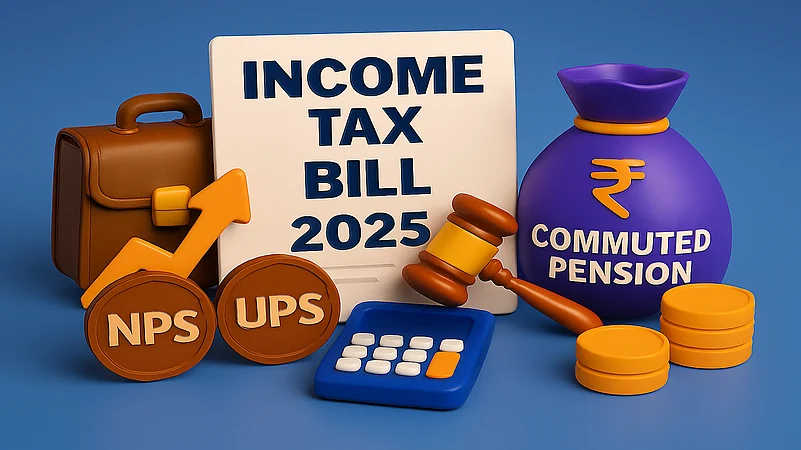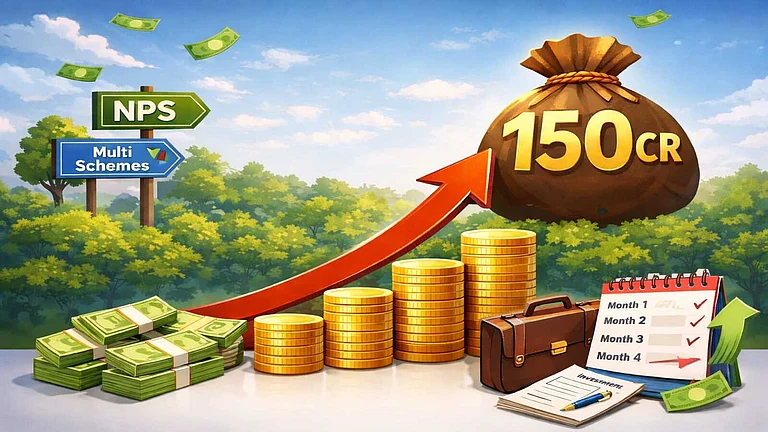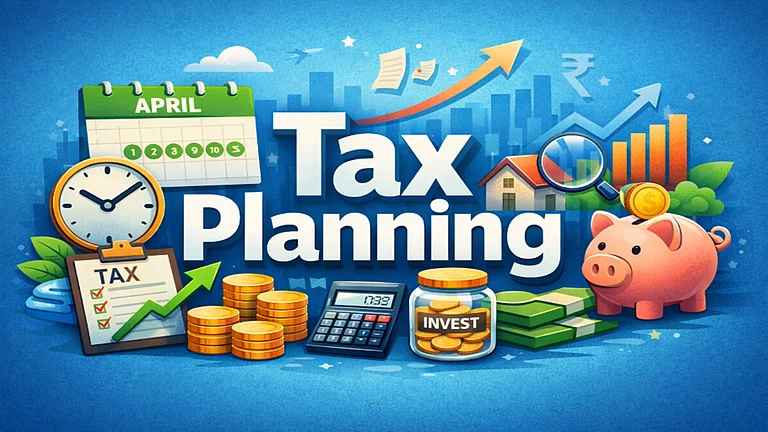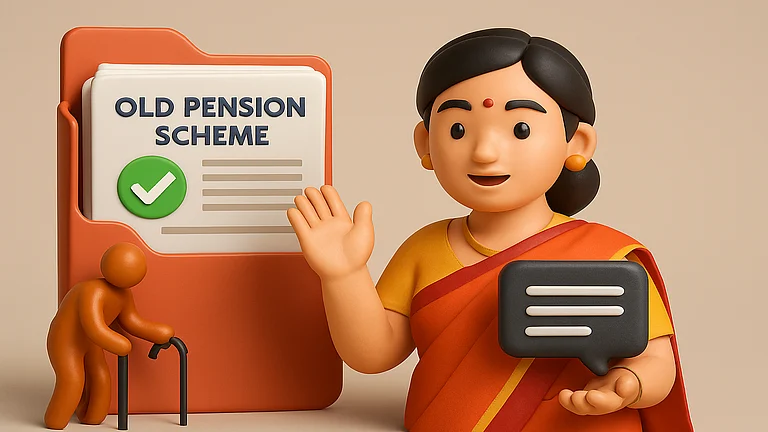
Summary of this article
• Income Tax Amendment Bill passed on August 11, 2025
• Unified Pension Scheme achieves tax parity with NPS
• Commuted pension tax-free for non-salaried individuals
The Income Tax (No. 2) Bill 2025 has been passed in the Lok Sabha on August 11, 2025. The Bill was introduced in the Parliament in February this year (2025) after completing the six-month exercise of simplifying the Income-tax Act, 1961. A Select Committee reviewed the Bill and submitted its report in July 2025. On August 11, Union Finance Minister Nirmala Sitharaman presented the Bill in the Lok Sabha, which was passed with a voice vote within hours. Here, we discuss the key changes related to pensions in the Income Tax Bill, 2025.
Tax Parity In NPS And UPS
With the passing of the Bill, the taxation part became clear for the newly launched government’s Unified Pension Scheme (UPS). Implemented in April this year, the UPS guarantees an assured pension and, similar to the National Pension System (NPS), is a contributory scheme; however, its taxation part was not clear.
Although in July 2025, the government announced that “tax benefits as available under NPS shall apply mutatis mutandis to UPS, as it is an option under NPS. These provisions ensure parity with the existing NPS structure and provide substantial tax relief and incentives to employees opting for the Unified Pension Scheme.” Now the announcement has become reality.
Says CA Gaurav Makhijani, Rödl & Partner: “The Central Board of Direct Taxes (CBDT) had in July clarified that provisions such as Sections 80CCD(1), 80CCD(1B), 80CCD(2), 80CCD(3), 80CCD(4), 10(12A), and 10(12B) will apply mutatis mutandis to UPS, treating it as an option under NPS. Now, this is backed by legislative amendments which shall ensure complete parity in tax treatment between the two schemes.”
Section 80CCD And 10(12) Of The Income-Tax Act, 1961
NPS enjoys tax benefits under Section 80CCD sections and 10(12) (as mentioned above) of the Income-tax Act, 1961. These will now apply to UPS as well.
Section 80CCD(1) - Self-contributions up to Rs 1.5 lakh within Section 80C limits in NPS
Section 80CCD(1B) - An additional self-contribution of up to Rs 50,000 in NPS
Section 80CCD(2) - Tax benefit on employer’s contribution, which is 10 per cent of the basic salary (in the old regime), and 14 per cent (in the new tax regime)
80CCD(3) – Income received from annuity is subject to tax for the annuity purchases under section 80CCD(3)
80CCD(4) – Exemption limit is a total of Rs 2 lakhs under Section 80C and 80CCD above, and one expenditure cannot be claimed twice
10(12A) – Lump sum withdrawal of 60 per cent of accumulated pension wealth at superannuation or upon turning 60 years old is tax-exempt
10(12B) - Amount withdrawn up to 25 per cent of the self-contribution, as per the Pension Funds Regulatory and Development Authority (PFRDA) rules, is tax-exempt
How Will It Benefit Employees?
“For relevant employees, this removes a major barrier to adopting UPS, as the same deductions for contributions and exemptions on withdrawals are now assured. On exit, the same NPS rules will apply, which currently allows up to 60 per cent of the corpus to be withdrawn tax-free, with the balance mandatorily used for annuity purchase, which shall be taxable at the time of receipt.”
“Further, lump-sum payouts specifically notified by the Government will continue to enjoy full tax exemption. The alignment of UPS with NPS on tax treatment provides clarity and comfort for informed retirement planning for government employees”, says Makhijani.
Another important change is in the commuted pension rules.
Commuted Pension
A commuted pension is a lump sum payment of a portion of the pension. It is taxable in the hands of non-salaried individuals but tax-free in the hands of government employees. But with the passing of the new Bill, the commuted pension has become tax-free for the non-salaried individuals, such as the nominee, legal heir, etc. And those receiving a pension from an approved pension scheme, such as LIC Pension Fund, are also eligible for full tax exemption on commuted pension from these schemes.
Archit Gupta, Founder and CEO, ClearTax, clarifies that this was an unequal tax burden among different beneficiaries of commuted pension. He says, “The Income Tax Bill 2025 addresses this by granting full tax exemption on the entire commuted pension for individuals receiving payments from approved pension schemes like LIC Pension Fund, regardless of employment status. This change ensures that private sector employees or anyone who has independently invested in a pension fund now receives the same tax relief as salaried employees.”
How Will It Benefit People?
“It removes the tax burden on commuted pensions, making it easier for more people to invest in pension schemes and secure their future. This move will encourage long-term savings while ensuring fairer tax treatment for all”, says Gupta.
These changes are scheduled to be effective from April 1, 2026.



















